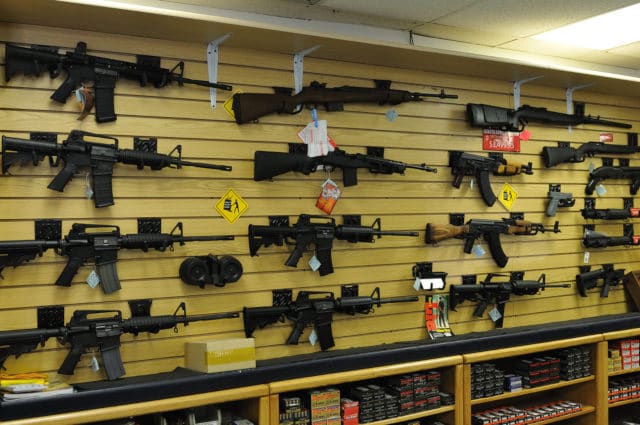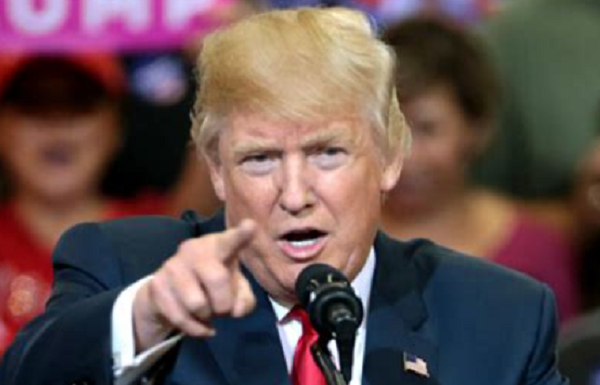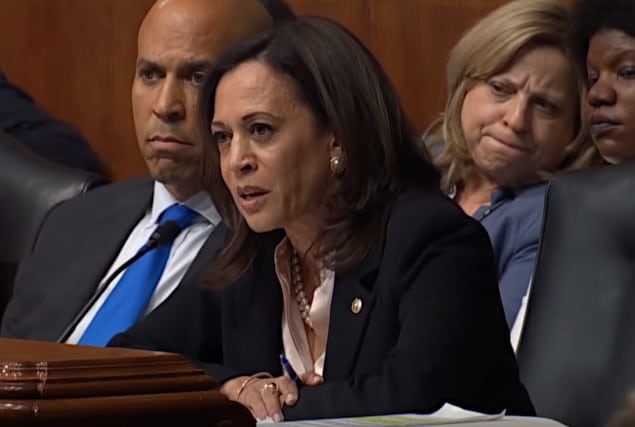The U.S. Supreme Court has temporarily halted a lower court order that was blocking the Biden administration’s regulations on “ghost guns.” This development allows President Joe Biden’s proposed firearm restrictions to proceed. “Ghost guns” are firearms crafted at home without serial numbers, making them untraceable. The government argues that regulating and serial numbering these firearms is essential.
The initial injunction was issued by U.S. District Judge Reed O’Connor of the Northern District of Texas. O’Connor deemed the regulation in conflict with the law, particularly because it encompassed “partially manufactured firearm components, related firearm products, and other tools and materials.”
The 5th Circuit Court of Appeals had allowed the government’s rule on ghost guns to remain in effect while they heard an appeal of the injunction, a decision which was later affirmed by the Supreme Court. However, four conservative justices dissented, including Justices Thomas, Alito, Gorsuch, and Kavanaugh.
Conversely, three liberal justices, Sonia Sotomayor, Elena Kagan, and Ketanji Brown Jackson, were joined by two conservatives, Chief Justice John Roberts and Justice Amy Coney Barrett, in upholding the rule.
The Biden administration made an urgent request to the Supreme Court in August to prevent a ruling that could nullify all federal “ghost gun” regulations nationwide. These regulations had been under attack by legal challenges, with a federal judge in Texas, appointed by Republicans, ruling that they were unconstitutional.
The 5th U.S. Circuit Court of Appeals later narrowed this ruling to invalidate only specific sections of the regulation. Nevertheless, the Justice Department asked the Supreme Court to suspend the entire decision while the case is still pending.
The two provisions under dispute before the Supreme Court are one that clarifies certain parts kits’ inclusion in the federal definition of a “firearm” and another that defines “frame or receiver” to encompass disassembled parts easily convertible into a functional firearm.
The rule also extends to new covered parts within the federal regulations regarding serial numbers, record-keeping, background checks, and other matters. However, the federal judge in Texas found that the ATF’s expanded definitions exceeded the scope of federal gun laws.
Gun rights advocates have been given a week to respond to the administration’s request, as conservative Justice Samuel Alito, responsible for handling emergency requests from the 5th Circuit, ordered a pause. It’s important to note that this pause doesn’t represent the final decision of the Supreme Court.
“The district court’s universal vacatur is irreparably harming the public and the government by reopening the floodgates to the tide of untraceable ghost guns flowing into our Nation’s communities,” the Justice Department wrote in its request.
“Once those guns are sold, the damage is done: Some will already be in the hands of criminals and other prohibited persons — and when they are inevitably used in crimes, they are untraceable.”
The Biden administration argued that the quantity of “ghost guns” submitted to the ATF for tracing increased significantly from approximately 1,600 in 2017 to over 19,000 in 2021. They also took issue with the lower court’s broad ruling, contending that it was inappropriate to prohibit the provisions across the board.
This regulation is currently facing challenges from two gun owners, two advocacy groups, and five companies involved in the production or distribution of firearms. Many similar cases concerning “ghost guns” are currently under consideration in the courts. The plaintiffs were required to respond to the administration’s request by the deadline established by Justice Samuel Alito.
“We’re elated that the Fifth Circuit has seen through ATF’s unpersuasive arguments and has determined that ATF failed to show it is likely to win on appeal,” said Cody J. Wisniewski, an attorney at Firearms Policy Coalition, one of the groups challenging the rule.
“ATF lost at the district court and has now lost its first bite at the Fifth Circuit; we look forward to continuing to win against ATF’s unlawful and unconstitutional gun control regime,” he added.
“Every speaker of English would recognize that a tax on sales of ‘bookshelves’ applies to IKEA when it sells boxes of parts and the tools and instructions for assembling them into bookshelves,” the Justice Department wrote. “The court’s insistence on treating guns differently contradicts ordinary usage and makes a mockery of Congress’s careful regulatory scheme.”
The administration petitioned the Supreme Court to consider the case in-depth and arrange for arguments during the upcoming autumn or to halt the district court’s ruling.
Should the latter option be selected, the 5th U.S. Circuit Court of Appeals, which had already set oral arguments for September 7, would not have any involvement in the lawsuit.







